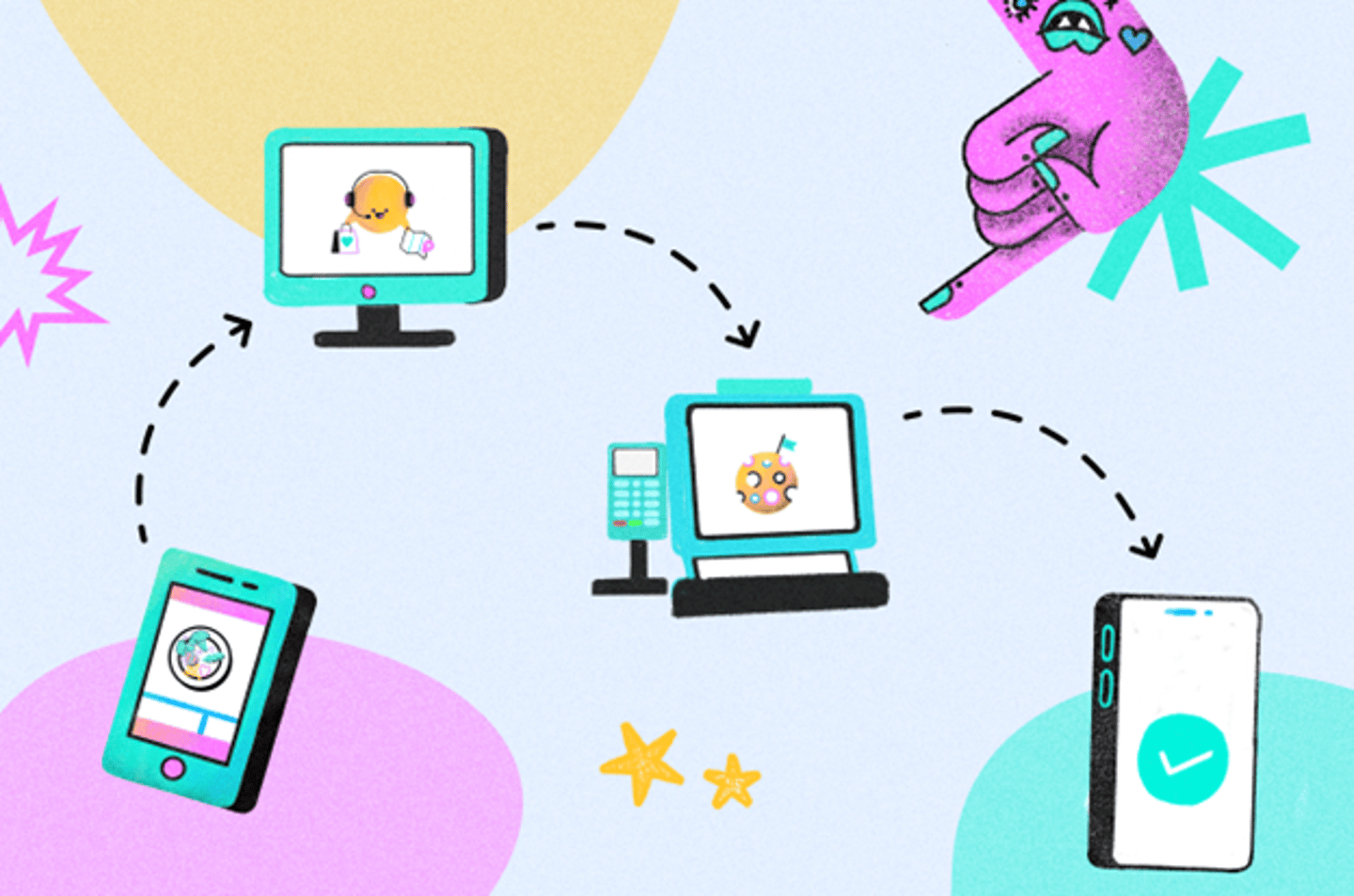HT Talks Tech: Alex Sambvani, Co-Founder, Slang.ai
For years, hospitality technology executives have been talking about use cases for artificial intelligence. But answering the phones is a much newer application for this technology. One company that has found a way to harness AI and pair it successfully with customer call-in experience is Slang.ai. The idea for an AI-powered “phone concierge” was born in New York in 2019 when Alex Sambvani and his Slang.ai co-founder Gabriel Duncan were working as data scientists at Spotify.
“We had this awesome opportunity to work at a company that was at the intersection of music and tech, which was really fun. Specifically, we were working on voice AI projects. As we were building with this AI technology, we realized this technology was super powerful and could benefit many businesses outside of Spotify,” explained Sambvani.
Sambvani and his co-founder hypothesized that one day every business would need AI to engage with their customers (i.e. over the phone, via chat, etc.). But their research showed that SMBs in particular would benefit most from this technology when applied to phone calls.
“Phone calls are a huge pain point for business AND customers,” Sambvani explains. “Whether it's an endless phone loop, being stuck on hold forever, a busy signal, or even being sent to voicemail, it’s a bad customer experience. And it’s not that businesses don’t want to answer the phone, they do! But they tend to prioritize guests who are in person.”
This is a real problem for restaurants and hotels where many consumers still like to use the phone to reserve a guest room or a dinner table, order takeout, or place large catering orders.
“When these businesses don’t answer the phone, they’re leaving revenue on the table, upsetting their guests and driving those same guests to do business elsewhere. But artificial intelligence can help solve this problem for hoteliers and restaurateurs.”
What Makes a Virtual Answering Service Great?
For technology to solve the problem of unanswered phone calls, Sambvani knew that it needed to possess two inherent qualities: 1) it had to be incredibly easy to install and 2) it needed to offer the caller an excellent customer experience.
“The world doesn’t need another automation product that frustrates people,” he says. “The world has enough of those already. Instead the technology needs to solve the customer’s problems in a way that feels natural and delightful.”
With this in mind, Slang.ai was born.
“Imagine if you could train Amazon Alexa to answer your business phone calls,” Sambvani says. “That’s what we’ve created. There’s no menu or button pressing. There’s no keyword requests. Customers can say whatever they want, just like they were talking to a human, and it knows how to respond accordingly.”
To help customers be more at ease using the technology, the company has invested quite a bit in digital voice technology and offers approximately 100 different voices for businesses to choose from. Companies can choose a gender, an accent, and can even add background music or other background noises.
“You can even tweak the way the AI speaks to be more casual, more formal or even funny,” he adds.
On average, Slang.ai handles approximately 40-60 percent of a business’s inbound phone calls. But it won’t force a customer to interact with it if that customer really wants to speak with a human.
“It’s not about trapping people in an experience that they don’t want to be in,” he explains. “It’s about getting people the answers to their questions as quickly as possible. So, we focus on answering the simple and direct questions with AI and save the complicated stuff for humans.”
And it’s proving to be successful for those who are using it. Slang recently conducted an analysis for one of its hospitality clients that currently has six restaurants within its portfolio. Monthly, Slang is able to save this group 648 hours of phone time while capturing more reservations and orders.
For now, Slang.ai focuses on use cases such as taking reservations, simple food orders, providing the business’s hours, location, dress code and minor policy, etc. If, however, someone were to call in and complain about food poisoning, or wanted to rent out the restaurant for an evening, Sambvani readily admits that AI is not the best solution. Those calls should be handled by humans.
Coming to a Hotel Near You
Currently, Slang.ai is heavily involved within the restaurant space. But that doesn’t mean Sambvani doesn’t see any potential for the use of this technology in the hotel space. In fact, hotels that are using Slang.ai for their restaurants have been asking the technology company to work on a front desk application as well.
“We haven’t done that yet, but we think it’s a really good use case for this type of technology,” he notes. “And it’s not just about handling inbound calls from guests who might be looking to make a reservation, it would also help with current guests who call the front desk to ask about the pool’s hours, the location of the gym, etc.”


